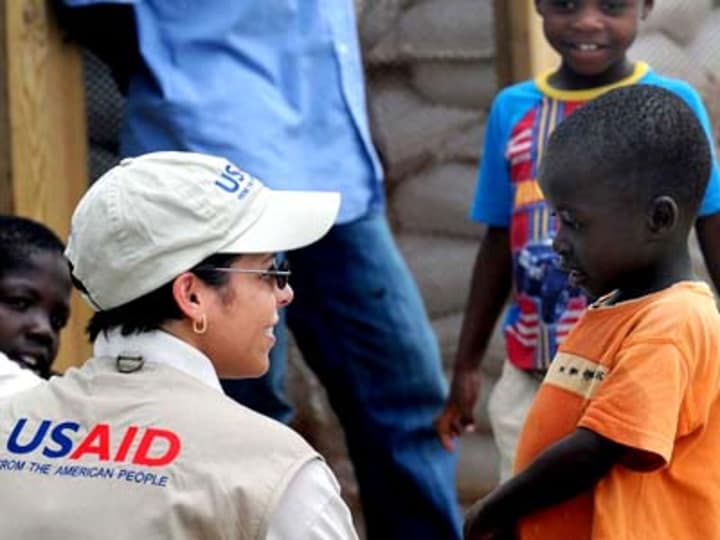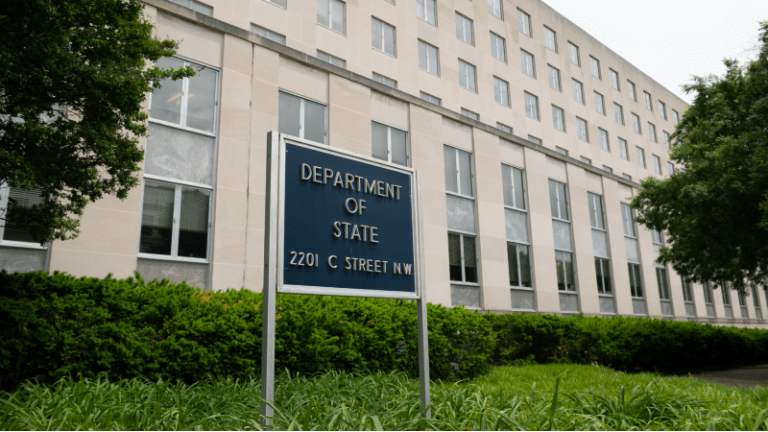
Strengthening U.S. democracy aid requires reforms within the U.S. Agency of International Development, which, over the past 25 years, has spent more resources and paid more attention to democracy than any other agency in the world, a Carnegie Endowment for International Peace expert says.
USAID has made several important contributions to dozens of countries in terms of building democratic institutions, but the conduct of its democracy work still leaves big room for improvement, Thomas Carothers said in a June 10 testimony before the U.S. House Committee on Foreign Affairs.
Carothers, vice president for studies at Carnegie, identifies three types of reforms he says are necessary to improve USAID’s democracy work.
USAID operations are a classic case of dysfunctional bureaucratization, Carothers argues. To address this and make its processes more efficient, he recommends that the agency increase the flexibility, adaptability, innovation and speed of its operations. The expert adds that it is also important for other U.S. agencies and Congress to dismiss the notion that stricter controls, tighter procedures and more regulations are necessary to good performance.
Increased local ownership of democracy-related projects and decreased reliance on U.S. contractors summarizes Carother’s second proposal for reform. USAID should give its local partners a greater role in the democracy process, he argues.
USAID has started to transition its support to country-owned projects in its food security initiative. Both U.S. Secretary of State Hillary Clinton and USAID Administrator Rajiv Shah have extensively talked about this shift in U.S. food security assistance.
In his third policy suggestion, Carothers calls for better and tighter integration of democracy assistance into the agency’s core mission. USAID democracy programs currently receive less support and attention than its socioeconomic projects, he explains.
Carothers is seeking clear leadership from the agency’s core management team to advance this third reform suggestion. Some specific measures he named were the creation of more democracy-related positions in USAID’s country missions and the expansion of the budget for democracy assistance.




